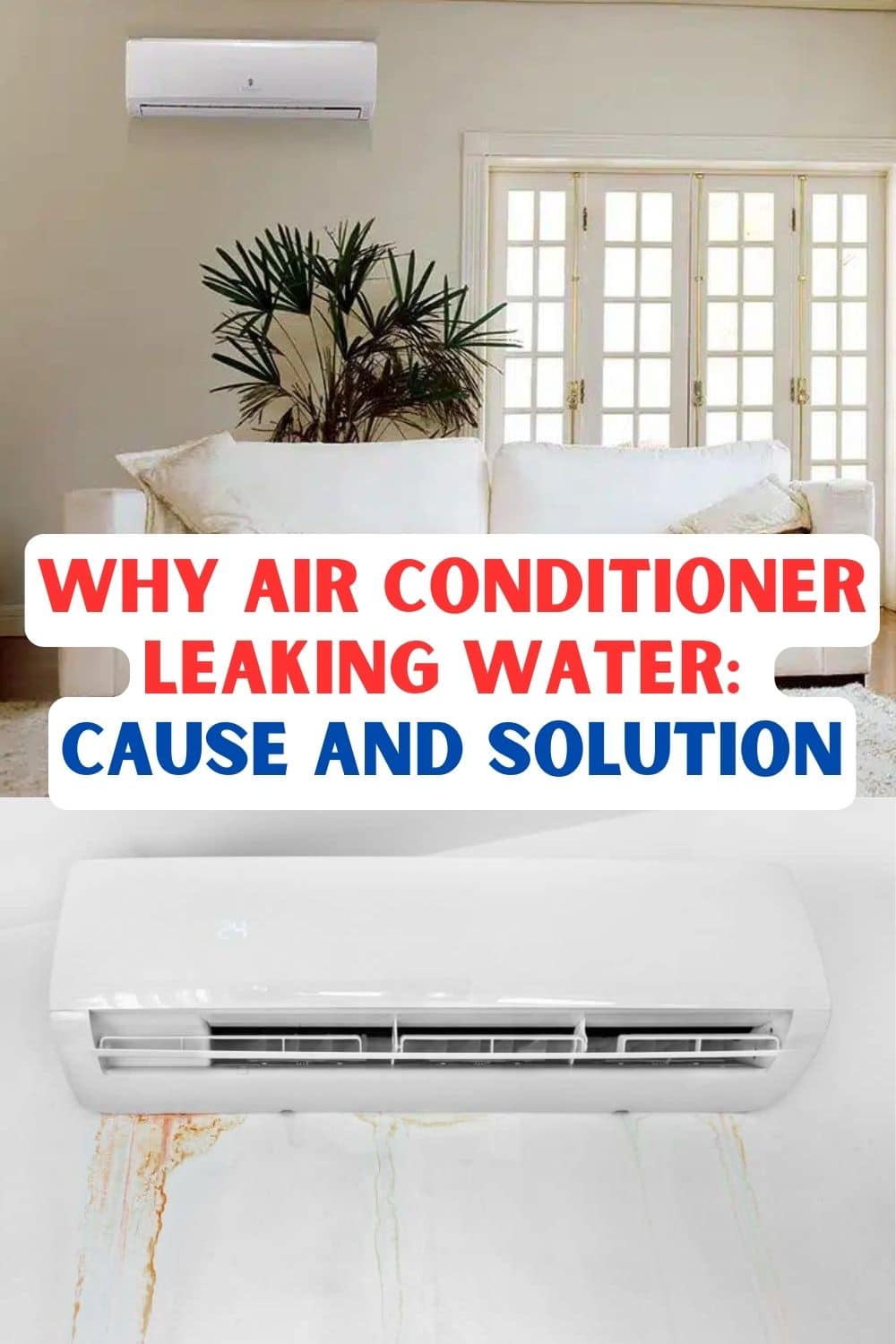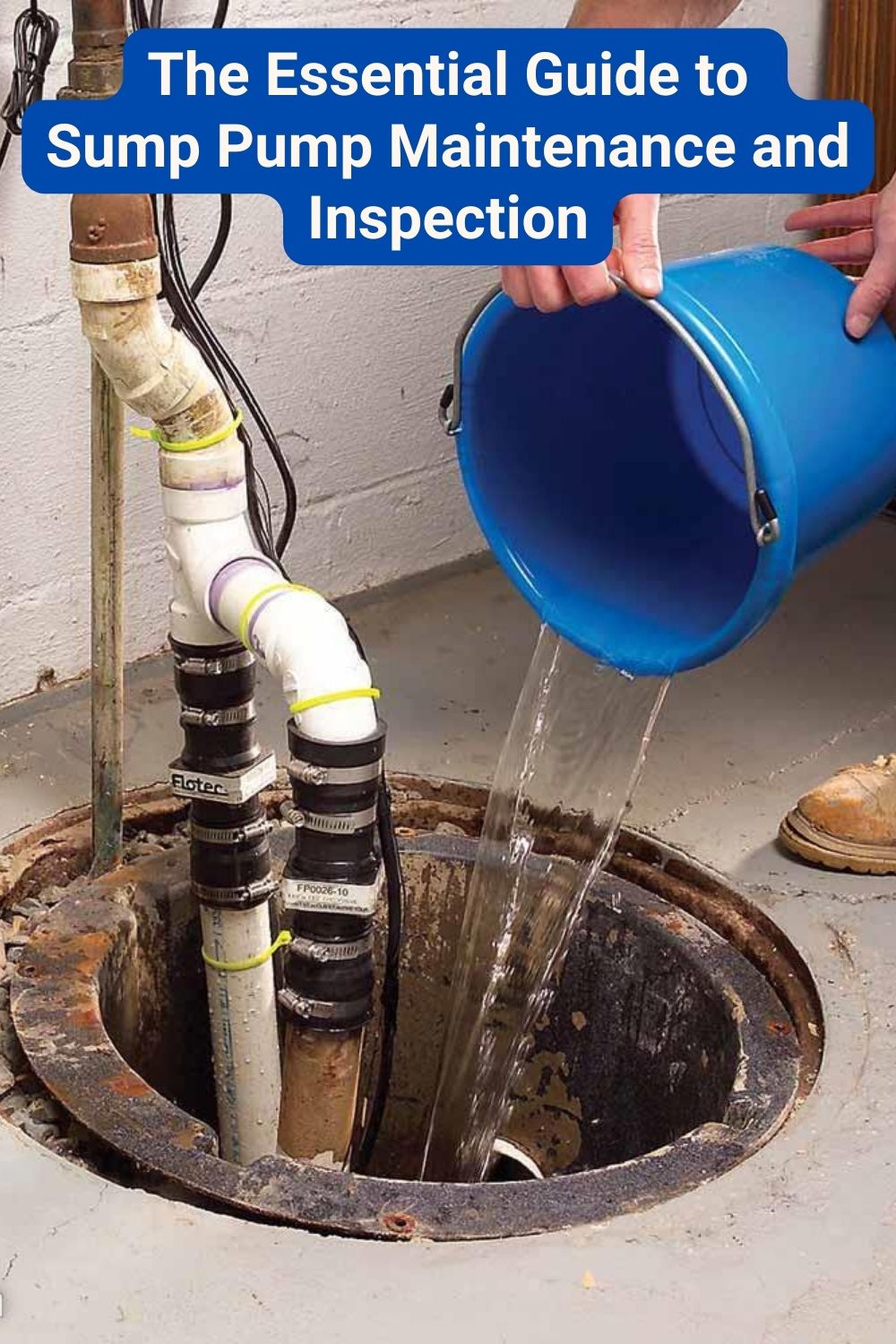Air Conditioner Leaking Water – Air conditioners have become essential appliances over the last few years, especially given the increasing prevalence of the effects of climate change in Australia. In contrast, air conditioning systems help people to stay comfortable in hot weather by cooling and dehumidifying indoor spaces. While these systems perform a vital function, air conditioners sometimes drip water inside and outside the property. This phenomenon can often cause concern, especially if water leaks from the internal unit. At the same time, it is typically a normal part of how air conditioners work, especially by removing humidity from the interior of the building. You should continue reading this article to learn more about why air conditioner leaking water, whether it is something you should worry about, and how you can address any issues related to water leakage.
Condensation and dehumidification
One of the primary functions of an air conditioning system is to remove heat and humidity from indoor air. As warm air flows over the evaporator coils of an air conditioning unit, moisture in the air condenses on these coils, forming water droplets. This is similar to dew forming on a cold surface in the natural world. The condensed water collects on the coils and then drips down into a drip pan or tray, which may be related to why is my aircon dripping water. From there, the water typically drains away through a drain line to the property’s exterior. However, suppose you have noticed water leaking from the internal unit. In that case, you may need to contact a specialist company in the Brisbane area.
Drainage system
Air conditioners have a drainage system to manage the water accumulating during the cooling process. This system includes a drip pan or tray beneath the evaporator coils, designed to catch the condensation from where a drain line carries the water outside or to a designated drainage area. In many cases, air conditioners are designed to recycle the collected water to improve energy efficiency, using it to cool the condenser coils or irrigate plants.
Possible causes of water leakage
However, while some water leakage from an air conditioner is normal, especially from the external unit, excessive water dripping from the interior unit or pooling can indicate underlying issues that require immediate attention by a specialist air conditioning professional. The drain line that carries the condensed water away from the unit can become clogged with dirt, debris, or algae over time. As a result, a blocked drain line can cause water to back up and overflow from the drip pan, leading to water leakage from the internal unit. By undertaking regular maintenance, such as cleaning the drain line, you can prevent this issue from occurring. Furthermore, suppose the air conditioner is not installed correctly, or the drainage system is not positioned at the appropriate angle. In that case, it can often lead to improper water flow, which may cause water to pool and leak from the internal unit.
Frozen evaporator coils
Suppose the evaporator coils freeze due to restricted airflow or for several other reasons. In that case, they can accumulate more condensation than usual. When the evaporator coils eventually thaw, a larger volume of water. The normal can drip from the unit. You can prevent the evaporator coil from freezing by addressing a wide range of airflow issues and undertaking regular maintenance.
How to Fix Air Conditioner Leaking Water
Fixing an air conditioner leaking water can help prevent further damage and ensure your AC unit operates efficiently. Here are steps to troubleshoot and address this issue:
1. Turn Off the AC:
- Safety first. Turn off the thermostat’s air conditioner to prevent further water leakage.
2. Identify the Source:
Determine where the water is coming from. AC units can leak water from various components:
- Condensate Drain Line: Check for clogs or blockages in the drain line, which can cause water to back up and overflow.
- Evaporator Coil: Inspect the evaporator coil for ice buildup or dirt, which can cause excess condensation.
- Condensate Pan: Ensure the condensate pan is not damaged or overflowing.
- Air Filter: A dirty air filter can reduce airflow, causing the evaporator coil to freeze and thaw, resulting in water leakage.
3. Clear the Drain Line:
- If the issue is a clogged drain line, you can try to clear it using a wet/dry vacuum or a pipe cleaner. Alternatively, you can call a professional HVAC technician for a thorough cleaning.
4. Clean the Evaporator Coil:
- If the evaporator coil is dirty, it can lead to excess condensation. Carefully clean the coil using a soft brush or a coil-cleaning solution. Be sure to turn off the power before attempting this.
5. Check the Condensate Pan:
- Inspect the condensate pan for damage or rust. If it’s damaged, it may need to be replaced. Ensure it’s properly aligned and not overflowing.
6. Replace the Air Filter:
- Replace or clean the air filter regularly, ideally every 1-3 months, to ensure proper airflow and prevent the coil from freezing.
7. Inspect for Refrigerant Leaks:
- While less common, refrigerant leaks can also cause excess condensation. If you suspect a refrigerant leak, it’s best to consult a professional technician.
8. Test the Unit:
- After addressing the issue, turn the AC back on and monitor it for any further leakage. If the problem persists or you need clarification on any steps, it’s advisable to seek professional help from an HVAC technician.
We need regular maintenance to prevent many AC-related issues, including water leakage. If you are uncomfortable or uncertain about any DIY steps, it’s always a good idea to contact a qualified HVAC professional to diagnose and repair the problem.
Conclusion
Water dripping from an air conditioner is usually a normal part of its cooling and dehumidification process. At the same time, the condensation that forms on the evaporator coils is collected in a drip pan and drained away through a system of drain lines. However, if you have noticed excessive water leakage or pooling from your internal unit, it could indicate underlying issues such as blocked drain lines, frozen coils, or improper installation – Air Conditioner Leaking Water.





Leave a Reply